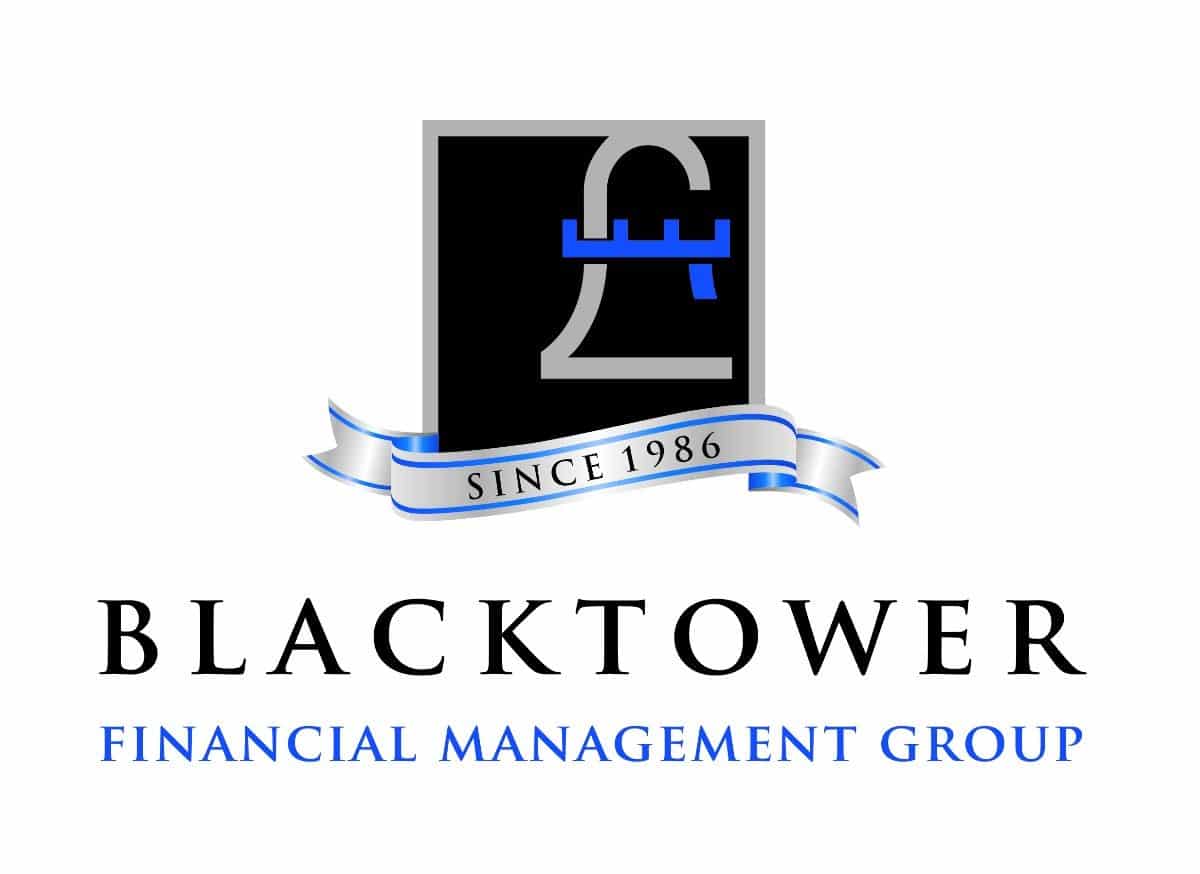Thousands of companies – public and private, big and small – are weighed down by the burden of growing pension scheme black holes, and for some the load is life-threatening. Final salary schemes were initially a good idea, however, factors such as medical developments, people living longer and deterioration of investment returns have created a ticking time bomb. Deficits have been building in the UK’s largest pension funds with the combined deficit of UK schemes close to 1 trillion pounds!
How bad is the pension deficit problem in the UK?
According to the Pension Protection Fund, around 84 per cent of pension funds are in deficit.
Which UK pension funds have the largest pension deficits?
There are approximately 4,995 pension schemes in deficit. These are some of the biggest:
BHS, Royal Mail, British Steel, British Telecom, Lloyds Bank, RBS, British Airways, Babcock, ITV, BAE, Anglo American, AstraZeneca, Barclays BAT, Compass, Diageo, GlaxoSmithKline, Imperial Tobacco, National Grid, Rio Tinto, Shell, Tesco, Unilever and Vodafone.
British Airways, for example, currently has a deficit of £2.8 billion in its pension fund and Tesco has now reached a deficit of £5 billion, meaning that the assets in these companies’ schemes are insufficient to meet their commitments currently. This could spell disaster for people within this type of fund in the not too distant future.
Even if your final salary scheme is not in one of the companies mentioned above, you should review your existing arrangements to ensure peace of mind.
So, if you are living in Spain and are considering transferring your final salary scheme abroad, the valuation of your pension pot may be presently quite high now due to low gilt yields, meaning a larger pension pot to transfer.
Expats who want to take control of their pension pot and eliminate the worry of these deficits and potential insolvency should consider the transfer to a QROPS scheme.
This communication is for informational purposes only and is not intended to constitute, and should not be construed as, investment advice, investment recommendations or investment research. You should seek advice from a professional adviser before embarking on any financial planning activity. Whilst every effort has been made to ensure the information contained in this communication is correct, we are not responsible for any errors or omissions.

 There are very few life changes as profound as those that come with retiring. Increasingly, science is making clear what many retirees know already: that a fulfilling and long retirement is invariably a busy retirement. You might retire from your working age career, but the best way to enjoy your sunset years is to keep active, whether it is playing sport, creating art, being part of a community or having a “second career phase”.
There are very few life changes as profound as those that come with retiring. Increasingly, science is making clear what many retirees know already: that a fulfilling and long retirement is invariably a busy retirement. You might retire from your working age career, but the best way to enjoy your sunset years is to keep active, whether it is playing sport, creating art, being part of a community or having a “second career phase”. Despite several obstacles on the way, global equities resumed their uptrend on the 1st Quarter of 2021. Many of these were discussed throughout the first 3 months of 2021 and many of the tops were called for the major stock indices; however, we saw the S&P500, the Dow Jones and the German Dax registering fresh new All-Time Highs during this period.
Despite several obstacles on the way, global equities resumed their uptrend on the 1st Quarter of 2021. Many of these were discussed throughout the first 3 months of 2021 and many of the tops were called for the major stock indices; however, we saw the S&P500, the Dow Jones and the German Dax registering fresh new All-Time Highs during this period.